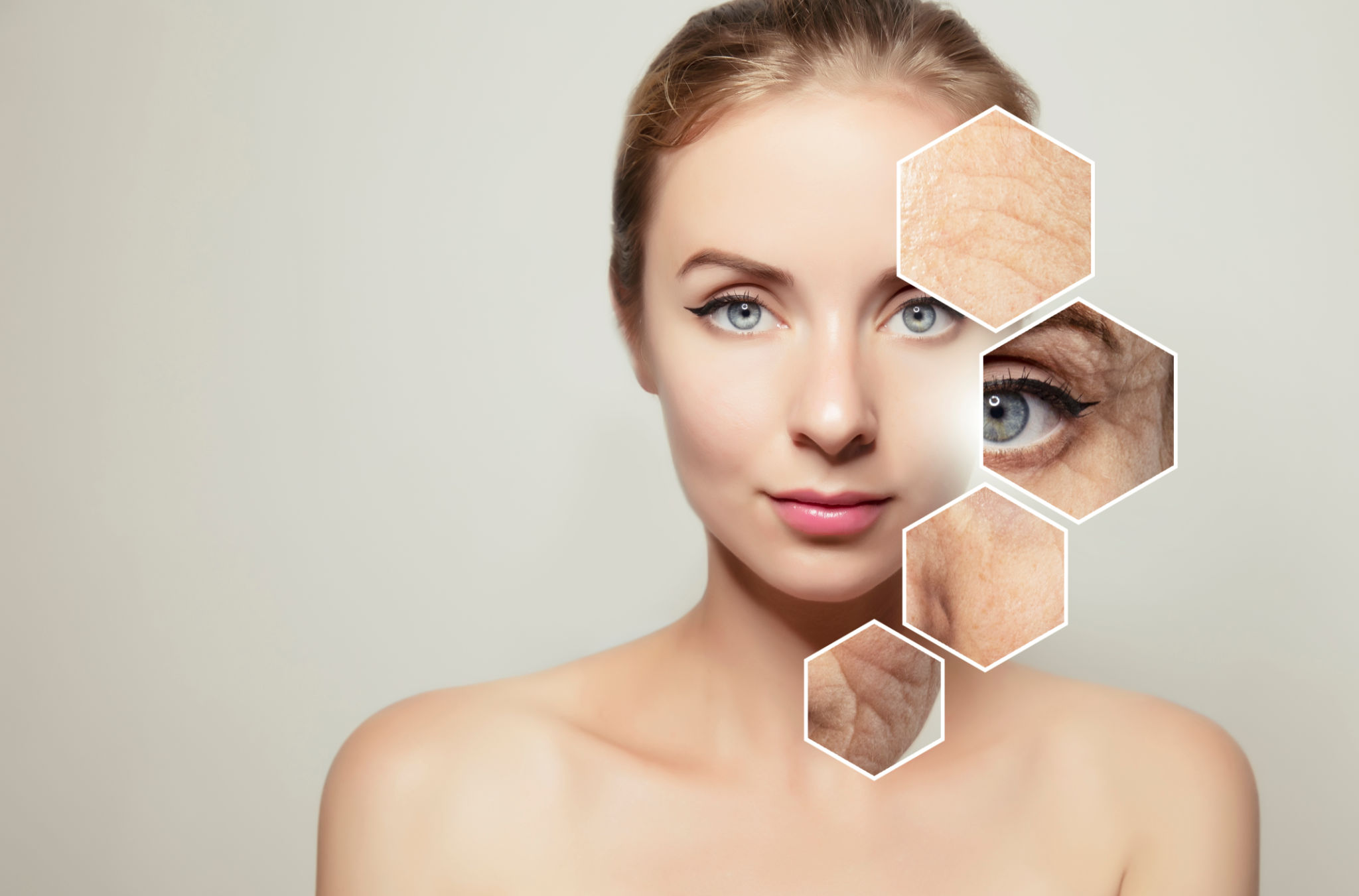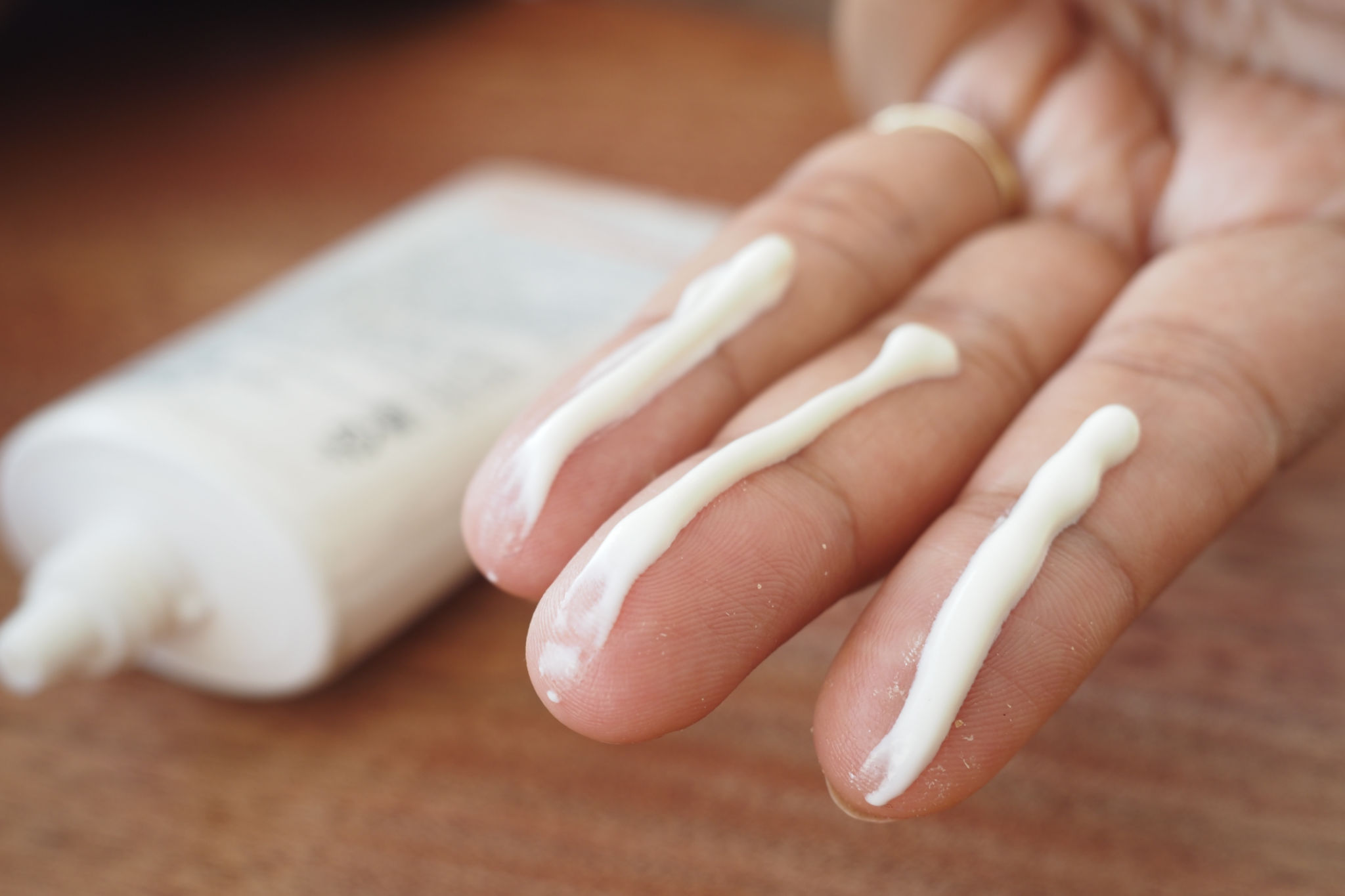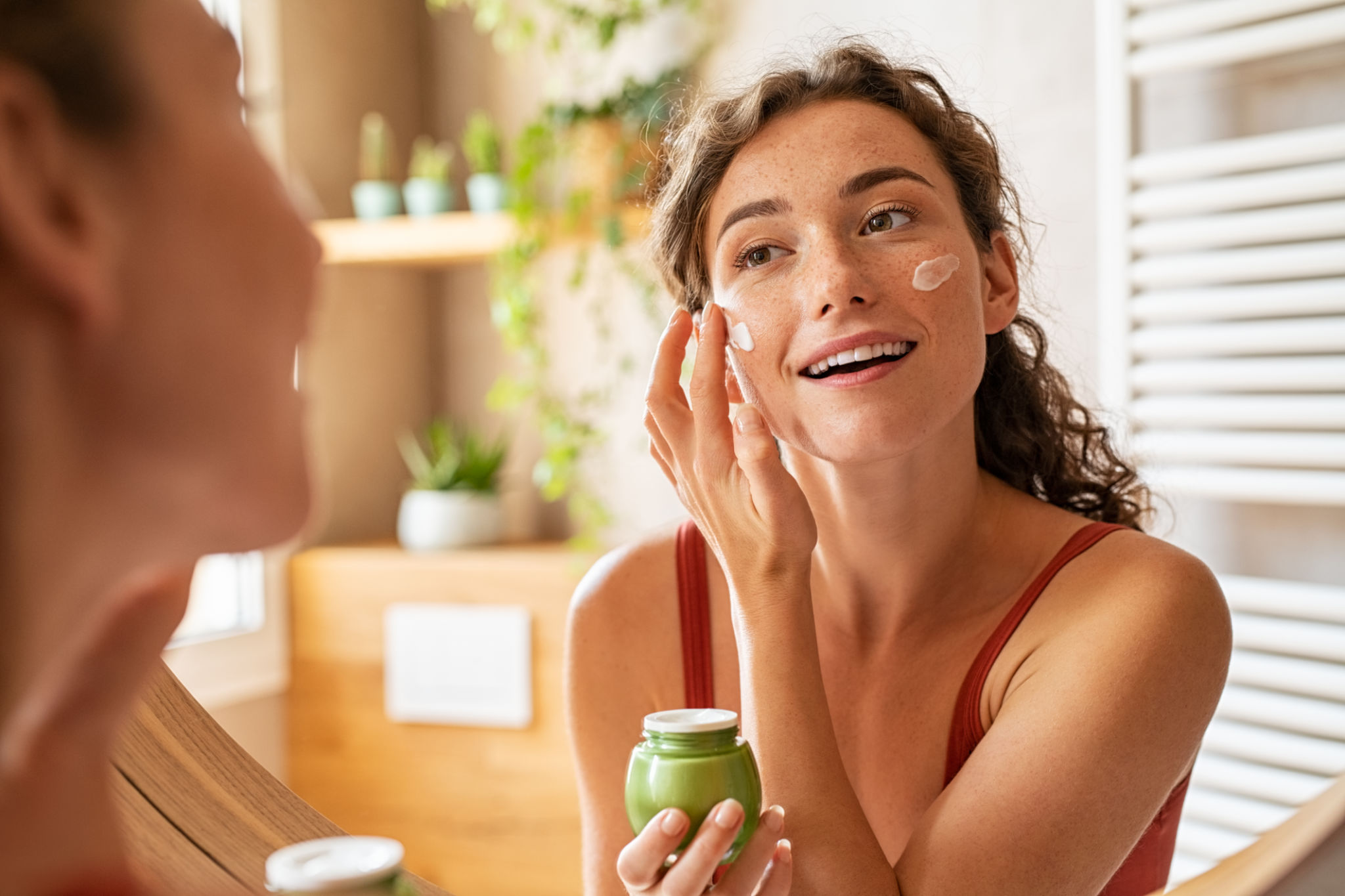Breaking Down Anti-Aging Myths: What Works and What Doesn’t
Understanding the Basics of Anti-Aging
In today's world, the quest for youthful skin and vitality has led to a booming industry filled with products and treatments claiming to turn back the clock. However, with so much information available, it's crucial to differentiate between myths and facts. Understanding what truly works can save you both time and money.
Before diving into specific products or treatments, it's essential to understand the basic factors that contribute to aging. Genetics play a significant role, but lifestyle choices, such as diet, sun exposure, and smoking, can accelerate the process. Knowing these fundamentals can help you make informed decisions.

Myth: Expensive Products Always Work Better
One common misconception is that higher-priced skincare products deliver superior results. While some luxury brands invest in research and high-quality ingredients, price doesn't always equate to effectiveness. Many affordable products contain potent active ingredients like retinol or vitamin C, which are scientifically proven to combat signs of aging.
It's crucial to look at the ingredients rather than the price tag. A product packed with antioxidants, peptides, or hyaluronic acid can be just as effective as its pricier counterparts. Always research and consult with dermatologists to ensure you're choosing the right products for your skin type and concerns.
Fact: Sun Protection is Non-Negotiable
If there's one fact that stands firm amidst the clutter of anti-aging advice, it's the importance of sun protection. The sun's UV rays are a major cause of premature aging, leading to wrinkles, dark spots, and loss of elasticity. Applying a broad-spectrum sunscreen daily is one of the most effective ways to protect your skin.
Consider incorporating a sunscreen with at least SPF 30 into your morning routine, regardless of the weather or season. For added protection, wear hats and sunglasses when outdoors. Remember, staying consistent with sun protection is vital for long-term skin health.

Myth: Only Skincare Products Can Prevent Aging
While topical products are essential in any anti-aging regimen, they are not the sole answer. A holistic approach that includes a healthy diet rich in antioxidants, regular exercise, and adequate sleep significantly impacts how your skin ages. Hydration is another key factor; drinking plenty of water helps maintain skin elasticity and flush out toxins.
A balanced diet featuring fruits, vegetables, lean proteins, and healthy fats can boost collagen production and improve skin texture. Additionally, regular physical activity promotes circulation, bringing nutrients and oxygen to the skin cells and giving you a radiant glow.
Fact: Consistency is Key
The best anti-aging results come from consistent and long-term skincare routines. It's essential to give products time to work; most active ingredients take weeks or even months to show visible results. Patience is vital when trying new skincare regimes or treatments.

Consistency also applies to lifestyle habits like sun protection, diet, and hydration. By maintaining healthy practices daily, you'll be more likely to notice improvements in your skin's appearance over time.
Conclusion: Making Informed Choices
The abundance of anti-aging myths can sometimes lead to confusion and misguided choices. By focusing on scientifically proven methods and maintaining a balanced lifestyle, you can effectively manage signs of aging. Remember, beauty is not just about appearance but also about feeling healthy and confident in your skin.
Ultimately, making informed decisions based on facts rather than myths will help you achieve a more youthful appearance and improve your overall well-being.